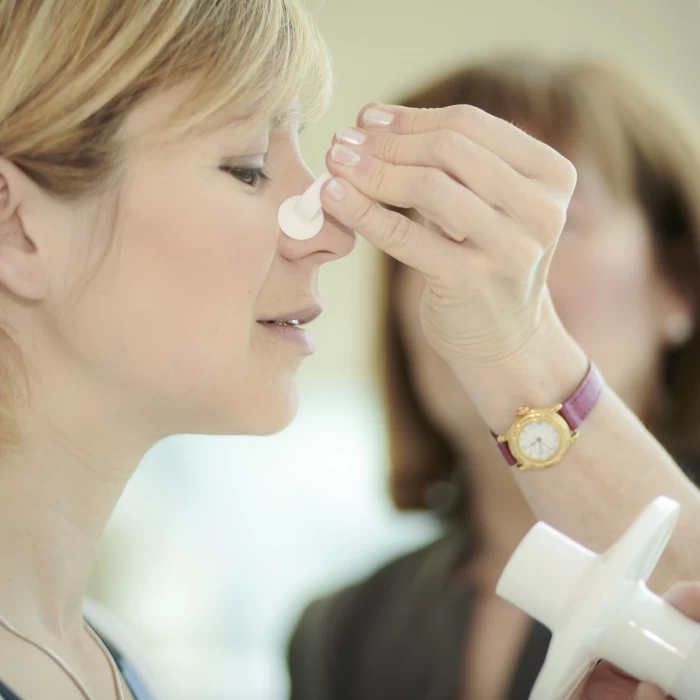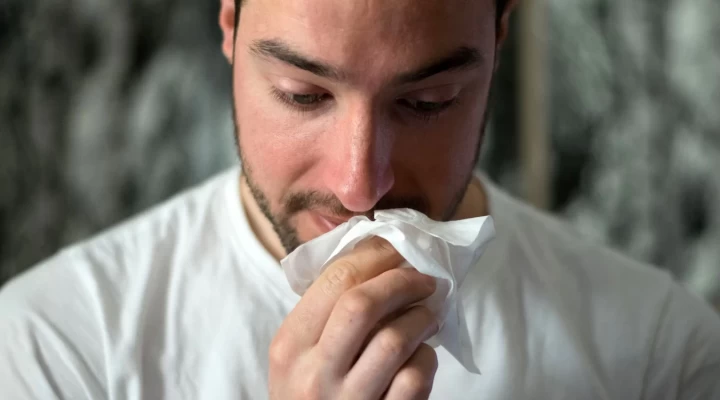In infancy, allergies present themselves with dermatological and digestive symptoms, such as rashes and diarrhea. Older children tend to have asthma attacks and suffer shortness of breath. Later, hay fever and itchy eyes, nose and mouth can make everyday life difficult. In adults, allergies may present misleading signs, as several organs can be affected. Because of this, many sufferers seek the opinions of various specialists before finally visiting an allergist.
An allergist will identify the allergens causing the symptoms, rule out diseases with symptoms that mimic allergies, and explore the best treatment options. Our specialist allergist , Dr. Adrienne Nagy, welcomes patients of all ages and will see children just months old.
Symptoms that call for evaluation by an allergist:
- Sneezing, stuffy nose, watery eyes, itching of the nose, eyes and palate
- Shortness of breath, breathlessness, wheezing, coughing without a fever
- Exercise, laughter-induced coughing, or coughing after meals
- Respiratory, dermatological or digestive symptoms after taking medicines or eating meals
- Eczema, hives, rashes, itching, edema
- Acute allergic reactions to insect stings
- Diarrhea or rashes without a fever
Examinations available at our clinic:
- Test for airborne and food allergens (skin test, laboratories)
- Celiac test (Biocard rapid test)
- Helicobacter infection screening
- Distinguishing milk protein allergy from lactose intolerance - breath test
- Detecting fructose intolerance - breath test
- Peak flow (asthma screening)
- Spirometry (asthma examination)
We choose the most appropriate treatment based on the results of these examinations. Of these, we would like to point out the most modern method of treatment is Specific Immunotherapy (SIT), which is able to act on the cause of the allergy in addition to the symptoms.
Our related doctors
Any questions before booking an appointment?
If you are unsure which doctor to see or what examination you require, we are here to help!
Simply request a free callback from one of our colleagues, who will help you find the right specialist based on your specific issue.








Reviews